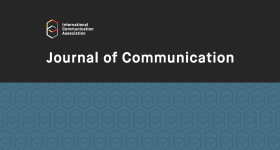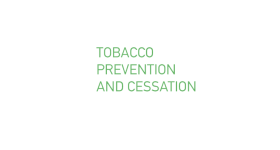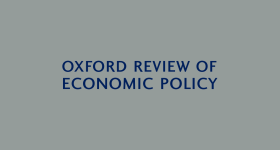The Digital Services Act and the Brussels Effect on Platform Content Moderation
The European Union (EU) is at it again — engaging in extensive regulation of social media platforms in ways that will affect how the platforms regulate not just in the EU, but the world over.








